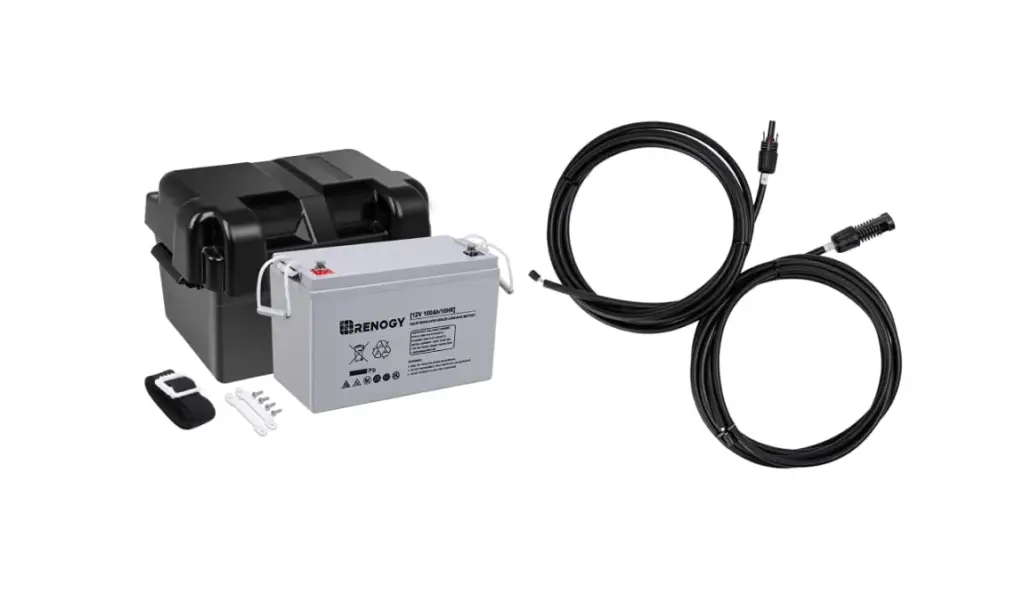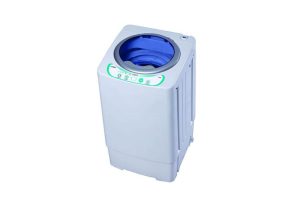Deep cycle batteries are becoming increasingly popular in various industries and applications due to their unique design and capabilities. Unlike traditional batteries that are designed for short bursts of power, deep cycle batteries are engineered to provide steady and sustained power over an extended period. These batteries have a wide range of advantages, making them a preferred choice for many consumers. In this article, we will explore the various benefits of a deep cycle battery and why it is a practical and efficient energy storage solution for diverse applications.
Long Lifespan
One of the most significant advantages of a deep cycle battery is its long lifespan. These batteries are built to withstand hundreds of charge and discharge cycles, making them durable and reliable over time. With proper maintenance and care, a deep cycle battery can last for several years, providing consistent and stable power throughout its lifespan.
Deep Discharge Capability
Deep cycle batteries can be discharged more deeply compared to conventional batteries without causing any significant damage. They are designed to be discharged to a lower state of charge regularly, making them ideal for applications that require a continuous and sustained power supply, such as renewable energy systems and off-grid applications.
Versatility in Applications
The versatility of deep cycle batteries is another advantage that sets them apart from regular batteries. They are used in a wide range of applications, including renewable energy systems like solar and wind power storage, marine and RV applications, electric vehicles, golf carts, and forklifts. This adaptability makes them a suitable option for various industries and consumers.
Maintenance and Safety
Deep cycle batteries require minimal maintenance, which is an attractive feature for users seeking hassle-free energy storage solutions. Regular inspections and occasional cleaning are typically enough to keep these batteries in optimal condition. Additionally, they are designed with safety features to prevent overheating and ensure safe operation.
Cost-Effectiveness
While the initial cost of a deep cycle battery may be higher than traditional batteries, its long lifespan and robust performance justify the investment in the long run. The reduced need for replacements and the lower maintenance requirements make deep cycle batteries a cost-effective choice for various applications.
Environmental Friendliness
Deep cycle batteries are considered more environmentally friendly compared to traditional batteries. Many of them are designed with recyclable materials and are less harmful to the environment when properly disposed of. As sustainability becomes a crucial aspect of modern energy systems, the eco-friendliness of deep cycle batteries is a significant advantage.
How Deep Cycle Batteries Work
To understand the advantages of deep cycle batteries better, it is essential to grasp their fundamental functioning. Deep cycle batteries are designed with thicker plates, which allows for a higher capacity to store energy. They work by converting chemical energy into electrical energy through a chemical reaction that occurs between the battery’s plates and the electrolyte solution.
Structure and Components
A typical deep cycle battery consists of lead-acid cells, a positive and negative plate, and an electrolyte solution. The lead plates are immersed in a mixture of sulfuric acid and water, creating the necessary chemical reaction for energy storage.
Discharge and Recharge Process
When a load is connected to a deep cycle battery, it begins to discharge as electrical current flows from the negative plate to the positive plate. Conversely, during the recharge process, an external power source applies an electric current to reverse the chemical reaction, restoring the battery’s charge.
Types of Deep Cycle Batteries
There are different types of deep cycle batteries available, including flooded lead-acid batteries, gel batteries, and absorbed glass mat (AGM) batteries. Each type has specific advantages and limitations, catering to various applications and user preferences.
Applications of Deep Cycle Batteries
Deep cycle batteries find application in diverse industries and systems where consistent power supply is crucial. Some of the common applications include:
Renewable Energy Systems
Deep cycle batteries are an integral part of renewable energy systems, storing excess energy generated by solar panels or wind turbines for use during periods of low or no energy production.
Marine and RV Applications
In marine and RV applications, deep cycle batteries power onboard electrical systems, providing a reliable energy source for lights, appliances, and navigation equipment.
Electric Vehicles
Electric vehicles often rely on deep cycle batteries as their primary energy storage solution, powering the vehicle’s electric motor.
Golf Carts and Forklifts
Golf carts and forklifts utilize deep cycle batteries for their efficient and consistent power delivery.
Backup Power for Critical Systems
Deep cycle batteries serve as backup power sources for critical systems, such as telecommunications, healthcare, and emergency services.
Tips for Maintaining Deep Cycle Batteries
Proper maintenance is essential to maximize the lifespan and performance of deep cycle batteries. Here are some useful tips:
Regular Inspection and Cleaning
Periodically inspect the battery for signs of corrosion or damage, and clean the terminals and connections to ensure efficient power transfer.
Proper Charging and Discharging
Follow the manufacturer’s guidelines for charging and discharging the battery to prevent overcharging or deep discharging, which can reduce battery life.
Avoiding Overcharging and Deep Discharging
Overcharging and deep discharging can damage the battery and significantly reduce its lifespan. Use appropriate charging equipment and avoid draining the battery completely.
Temperature Considerations
Extreme temperatures can affect battery performance. Store and operate deep cycle batteries in environments with moderate temperatures to optimize their efficiency.
Comparing Deep Cycle Batteries with Regular Batteries
While deep cycle batteries have distinct advantages, it is essential to understand how they differ from regular batteries:
Structure and Function Differences
Regular batteries, such as car batteries, are designed for short bursts of high energy output, whereas deep cycle batteries provide steady and sustained power over extended periods.
Suitable Applications
Regular batteries are suitable for applications where occasional high-power bursts are required, while deep cycle batteries are ideal for applications requiring continuous and reliable power.
Performance Comparison
Deep cycle batteries outperform regular batteries in terms of lifespan, efficiency, and energy storage capacity.
Conclusion
Deep cycle batteries offer numerous advantages that make them a valuable energy storage solution for various industries and applications. Their long lifespan, deep discharge capability, versatility, and environmental friendliness set them apart from traditional batteries. Whether it’s for renewable energy systems, marine applications, electric vehicles, or critical backup power, deep cycle batteries continue to play a pivotal role in modern energy storage solutions.







